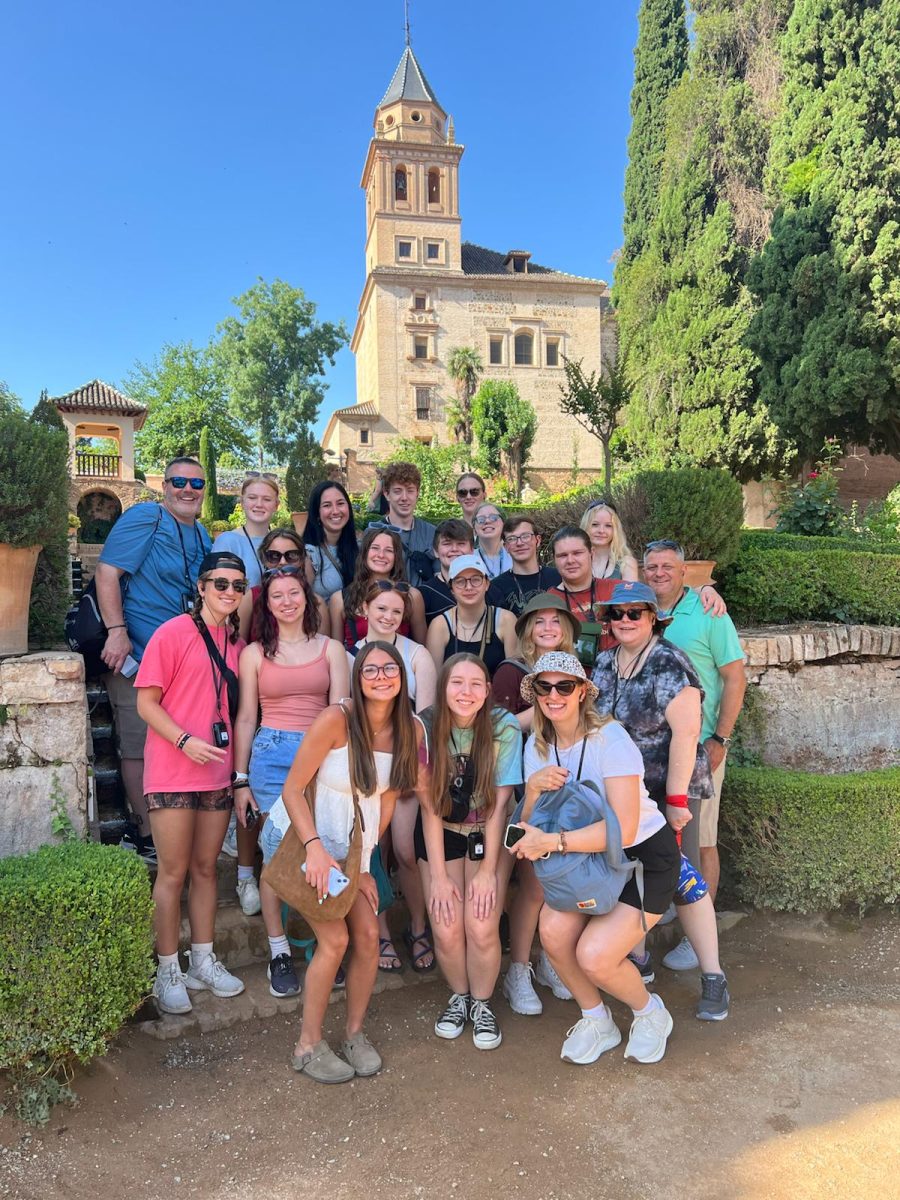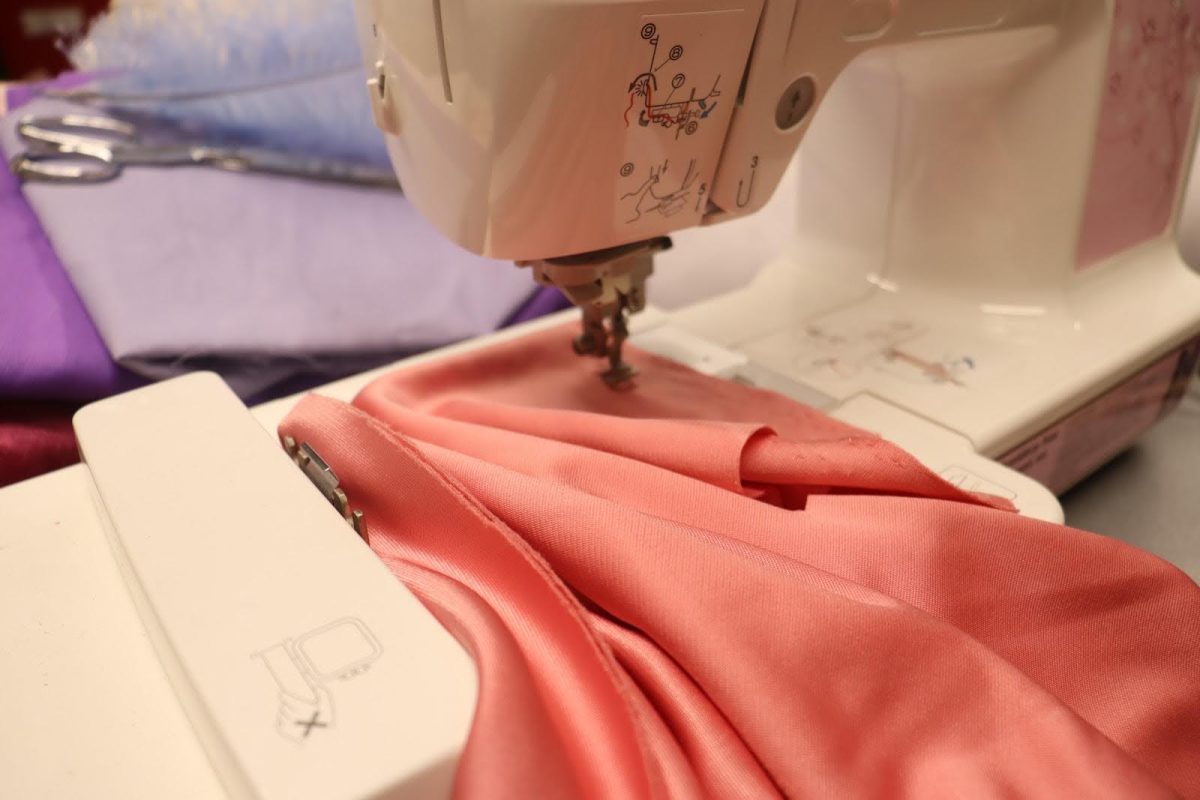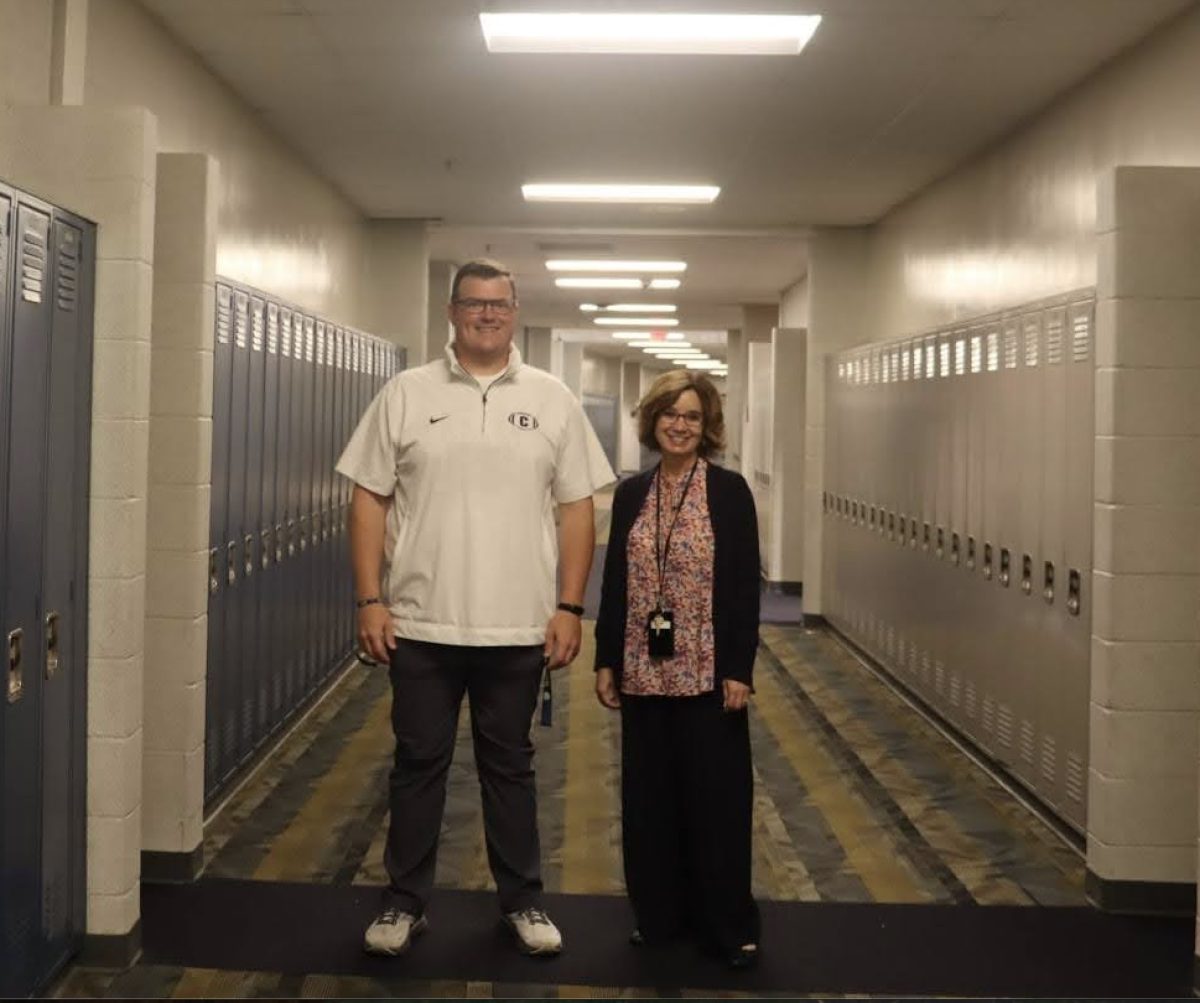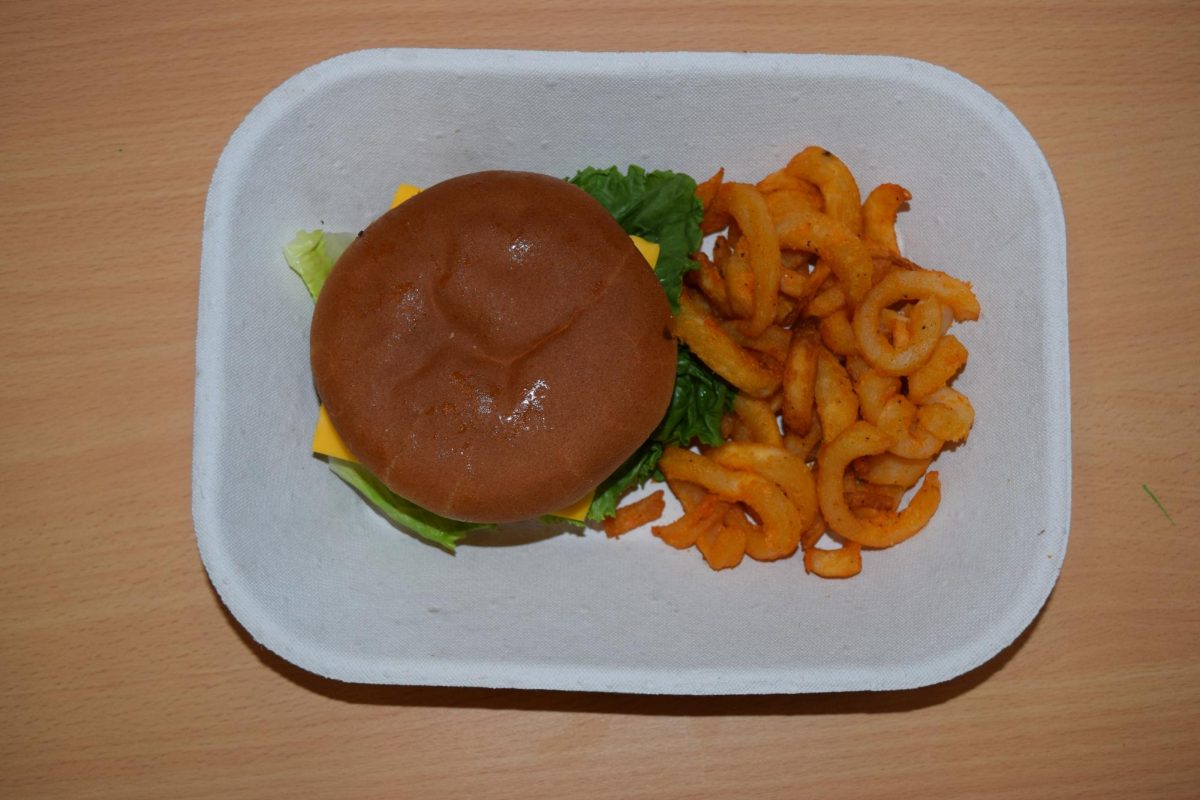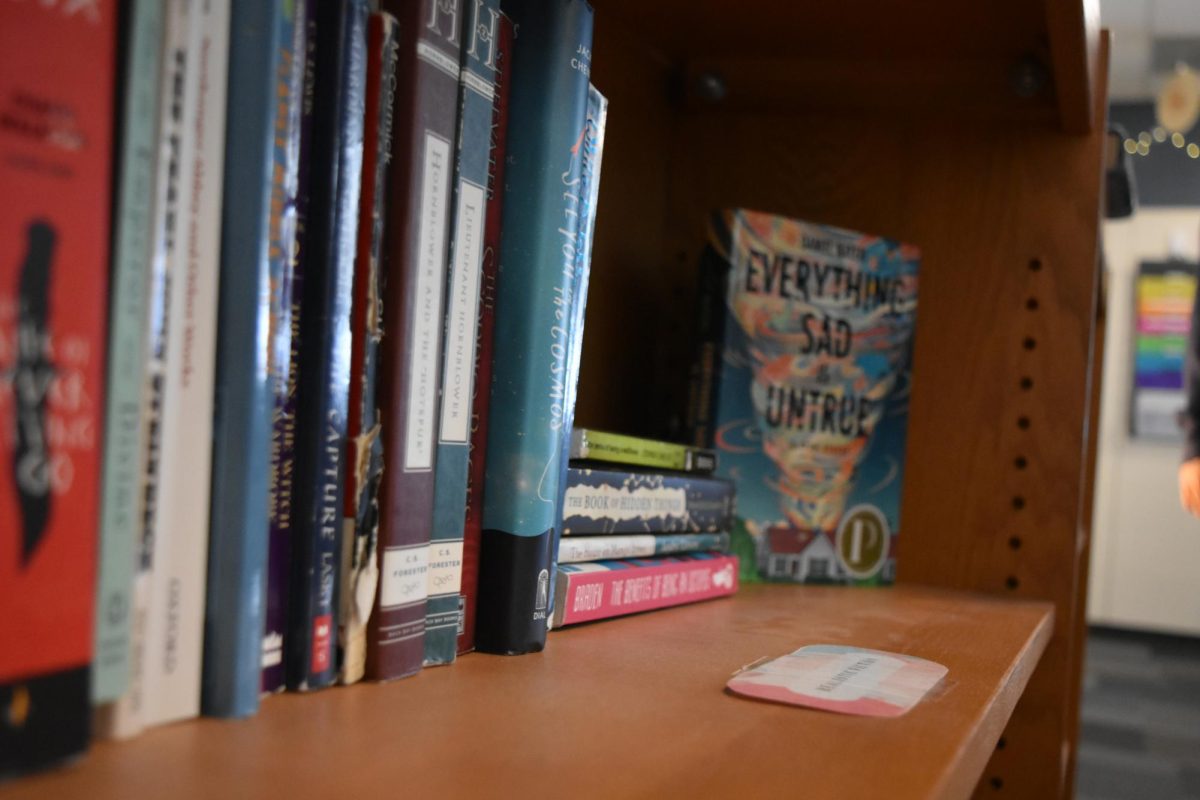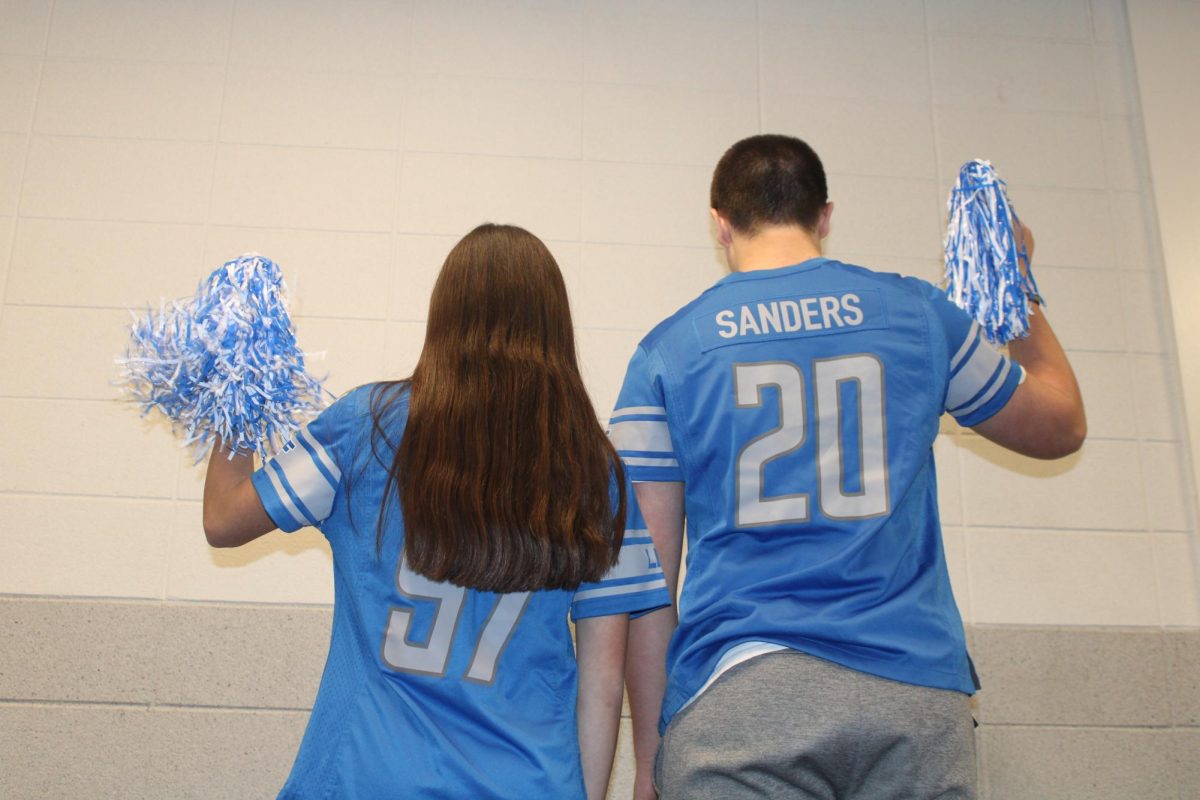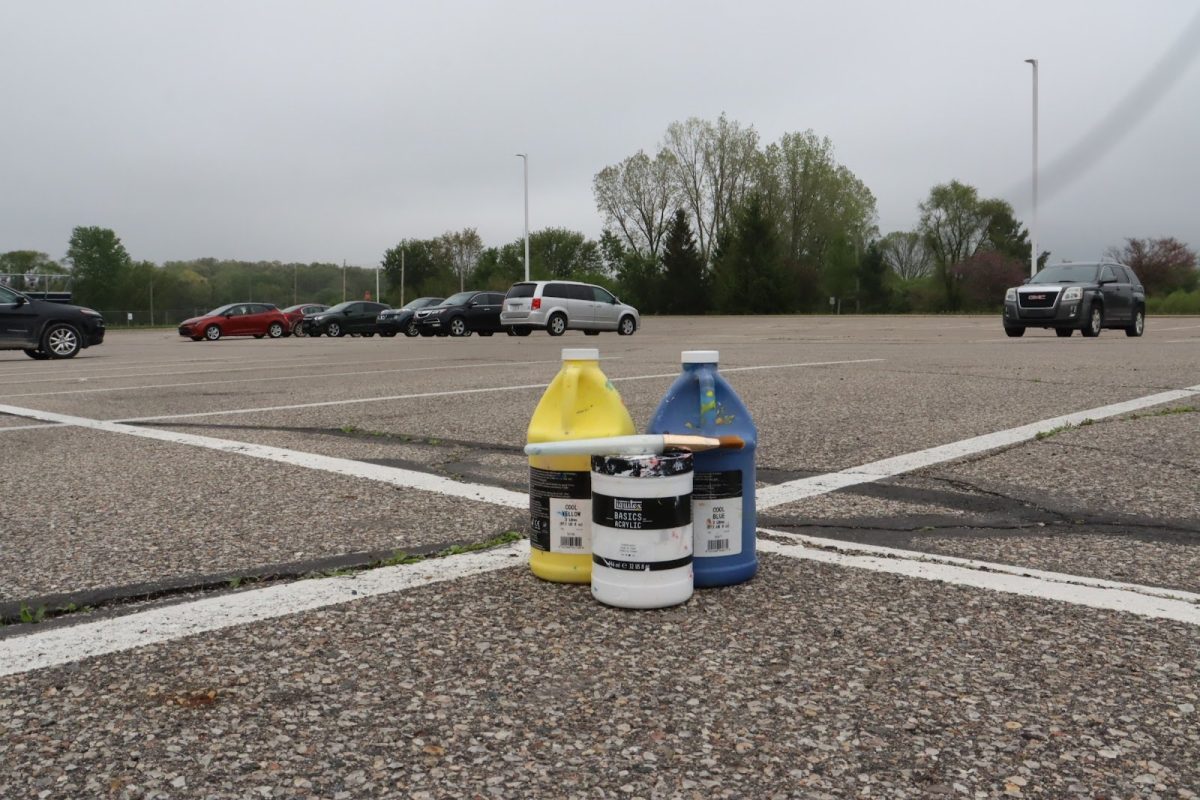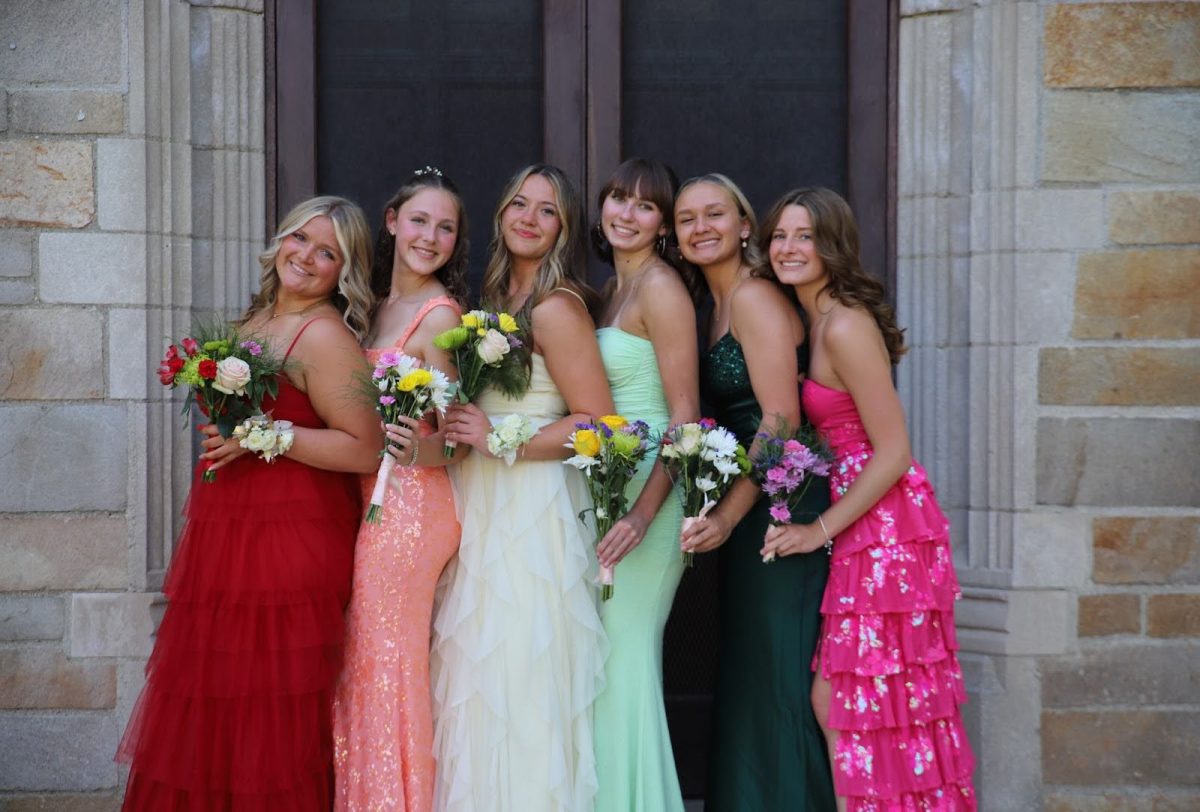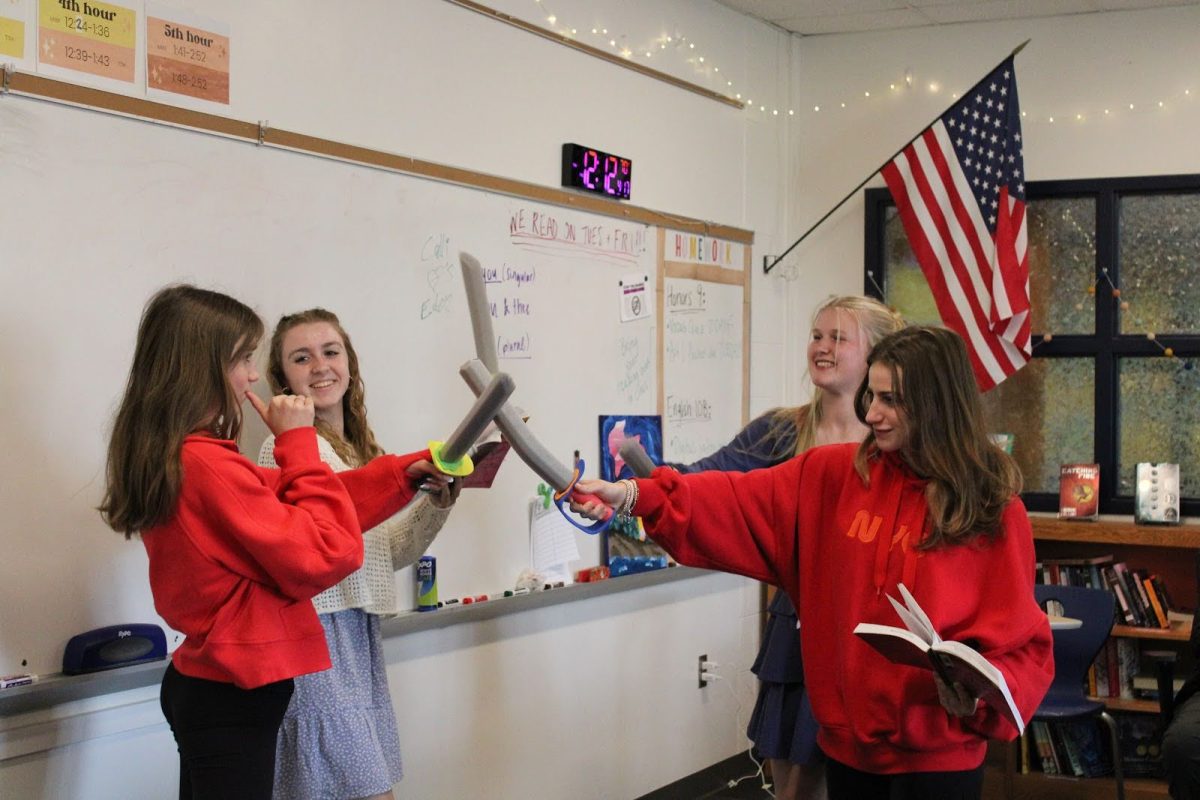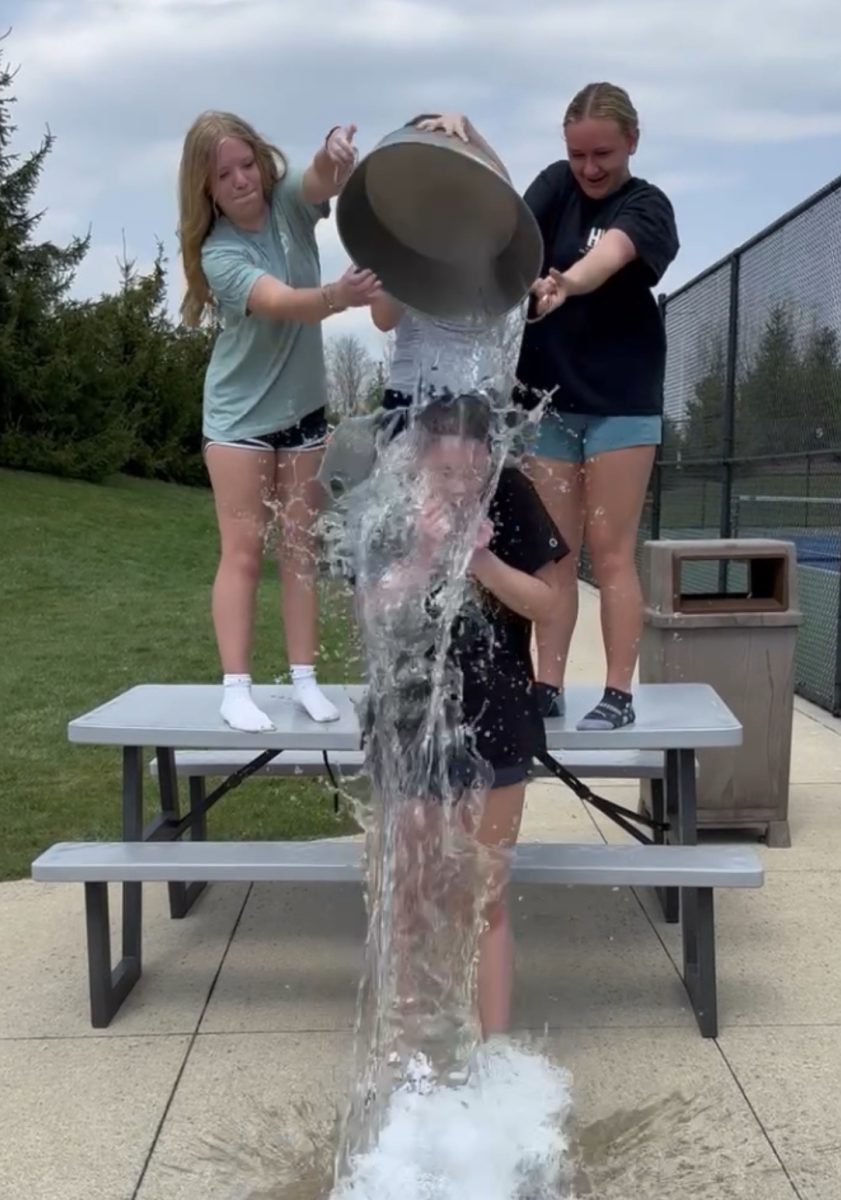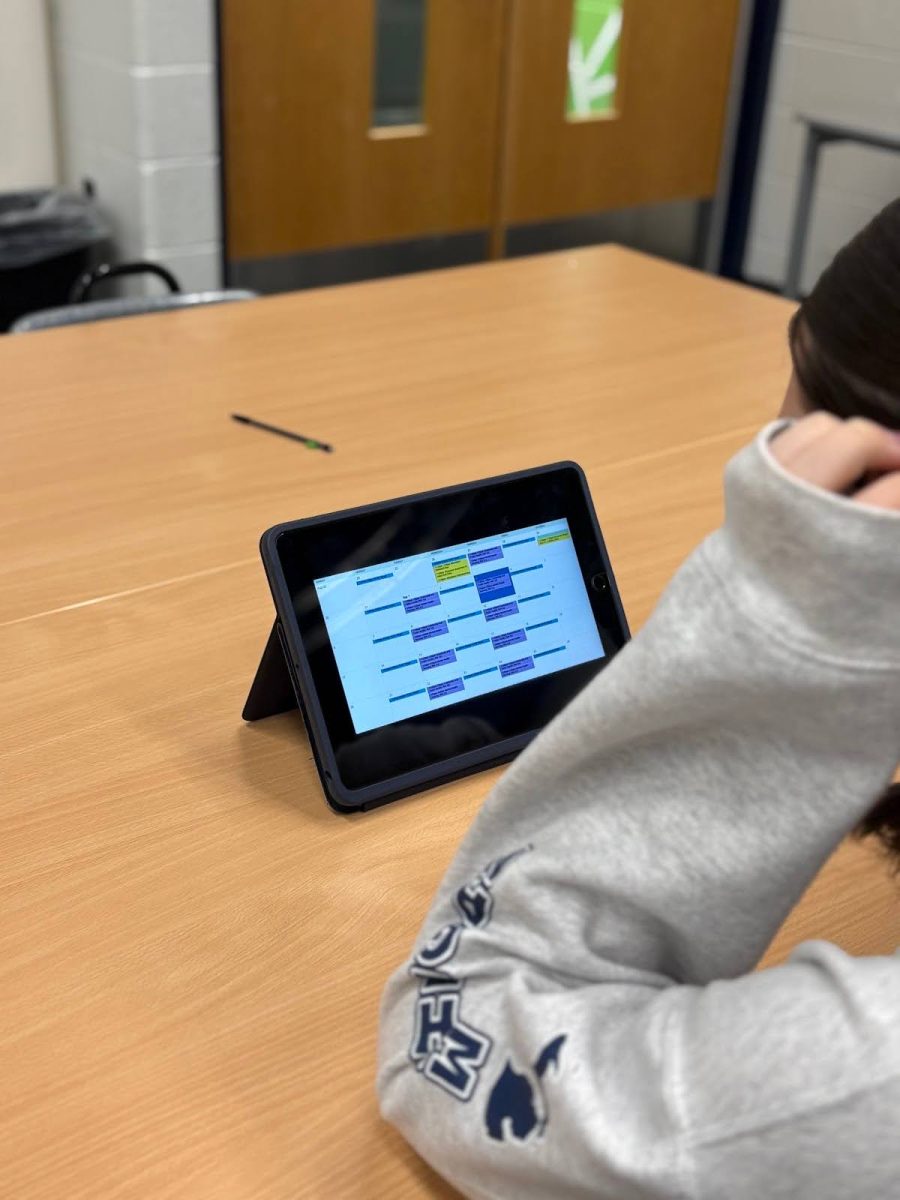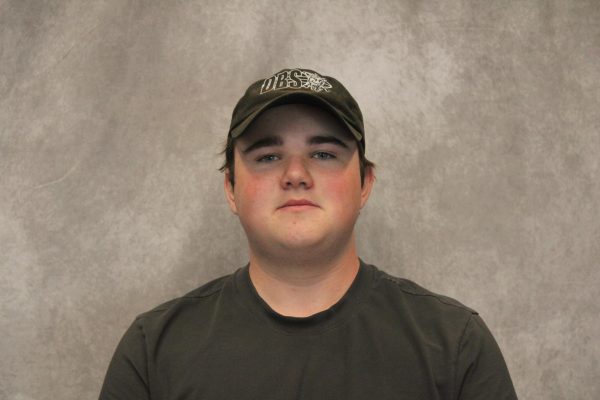Recently, the 9th grade English teachers at CHS have tried a new project, one that is more in-depth in teaching students about the psychology in the play Romeo and Juliet. Normally, English 9 students would complete a more traditional essay to conclude this unit, but as of this year, it has been replaced with a poster board and baked goods project, which explains certain parts of the brain and connects them to Romeo and Juliet.
“One focus of this unit is to look at the brain science behind behavioral choices that the characters make,” Emma Yee said, an English teacher who partnered with fellow English teacher Alyssa Knupp in organizing the event. “It’s important that we understand a little bit more why they feel so impulsive and why they make these rash decisions.”
While students spent the first half of the unit learning about Shakespearean language, characters, and acting, this project provided a deeper look into the psychology behind Romeo and Juliet. They covered research including the science of crushes, decision-making, violence, stress, trauma, parenting styles, and more.
“I think students will frequently ask, ‘Why do we have to read something that’s so old?’” Yee said. “So anytime you can try to show the parallels between these characters from hundreds of years ago to our current day, I think that’s really important, or else it’s hard to answer that question.”
By allowing students to explore older works in a more modern way, students enjoy and understand the material, leading to not only a better learning environment, but also a better appreciation for English.
“I think it made it way more fun for the students because we got to work in groups,” freshman Audrey McCarley said. “At least for our class, we already write a lot, so it keeps us more engaged when we get to do different activities and types of projects.”
By undertaking this project with brain-themed baked goods and visually appealing poster boards, the English 9 teachers hope that the more active and hands-on approach will have a longer-lasting impact on their students.
“We want to hold kids accountable for still remembering that material and not just having a quick conversation about the neuroscience concept and then moving on from it,” Yee said.

![Wherefore Art Thou [Acting that Way], Romeo?](https://chsbleuprint.com/wp-content/uploads/2025/06/neuroscience-1200x800.jpg)
